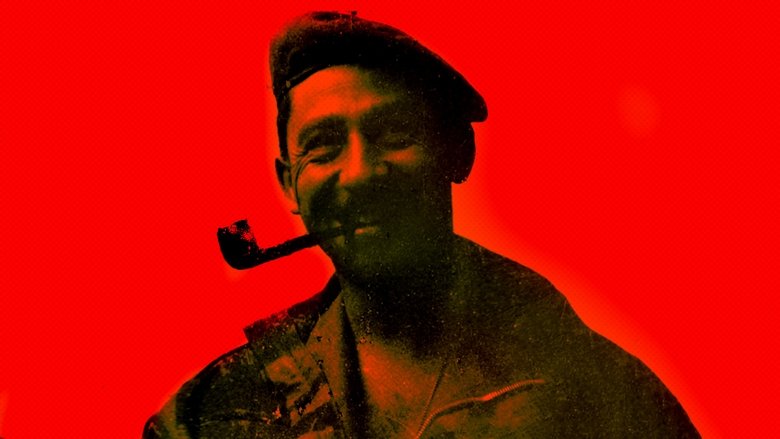Algeria, The Two Soldiers
Genres
DocumentaryHistoryWar
OverView
"Algeria, The Two Soldiers" tells the true story of two young French soldiers during the Algerian War, who were driven in two completely opposite directions by the same keen sense of honor: Noël Favrelière deserted to free a young Algerian Muslim prisoner who was going to be executed, and René Técourt, to continue the fight for French Algeria alongside the OAS ultras. Two emblematic examples, which describe in a direct, carnal way, what happened there.
Others
Budget
$--
Revenue
$--
Status
Released
Original Language
French
Runtime
55 mins
Rating
10/10
Release Date
16 August 2017
Country
France



